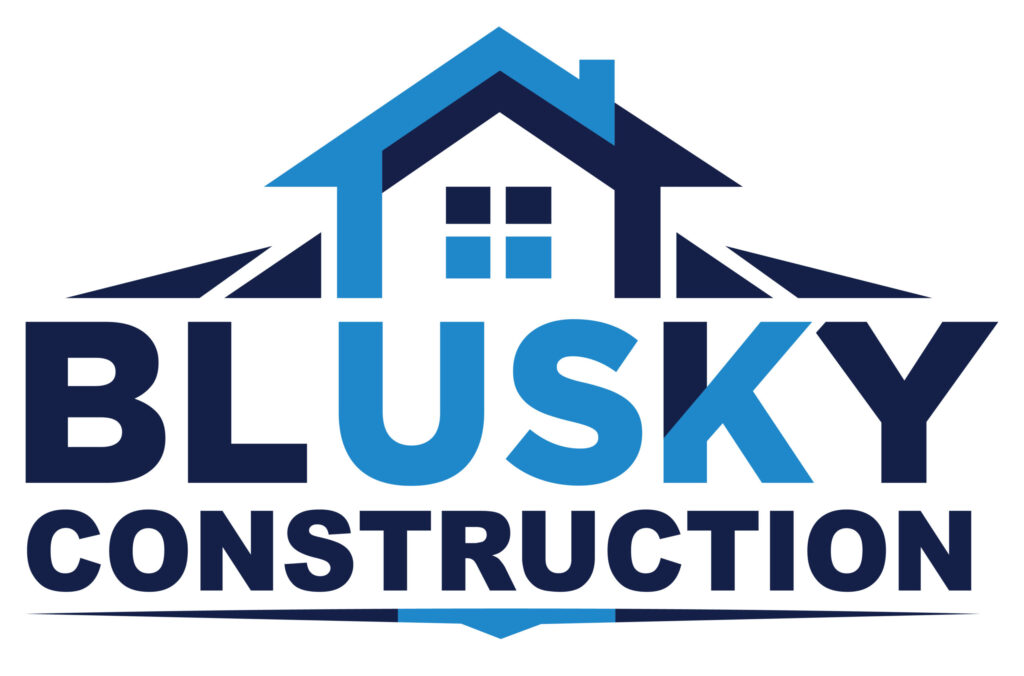How To Choose Construction Contractors

When a home demands change, the first step begins with finding a remodeling contractor who knows more than bricks and beams. A house reflects more than walls. It mirrors lives, routines, and dreams. Home Renovations Vaughan can shift more than rooms; it shifts moods, adds purpose, and often increases value. But it only works when the right hands lead the job.
Homeowners often struggle when hiring a general contractor. Some feel unsure about where to start. Others worry about costs or who to trust. Many fall for low bids and vague promises. A poor choice leads to delays, lost money, and unfinished projects. A smart one leads to peace of mind.
Here, we will discuss how to choose construction contractors.
Know the Scope Before You Search
Before you speak to anyone, clarify your goal. Do you want to knock down walls or just fix what’s broken? Define the scope. Homeowners often jump into meetings without clear answers. A contractor cannot quote or guide you without direction. Even basic questions like square footage, materials, and deadline matter.
Not every contractor works the same way. Some take large-scale jobs only. Others focus on kitchens or single-room jobs. If you ask a roof expert to build a full guest house, the mismatch leads to failure. Clear expectations help both sides. You avoid future surprises when your plan is clear.
Create a list. Decide the rooms involved. Identify if plumbing, flooring, or rewiring enters the plan. Understand if you need permits. This early research saves you from confusion later.
Check Credentials, Not Just Promises
Many contractors offer words. But words mean little without proof. Always ask for a license. In most regions, a contractor must hold a valid license to take on major work. This shows they pass tests, understand codes, and follow rules.
Insurance matters too. A contractor must carry general liability and worker’s compensation insurance. Without this, homeowners risk lawsuits if someone gets hurt on-site.
Also, check for trade memberships or certifications. These may not guarantee quality, but they show commitment to standards. Look for real evidence—not just glossy brochures.
Review Past Projects with a Sharp Eye
The past speaks volumes. Ask for photos of recent work. Walk through before-and-after galleries. If possible, visit one of their active sites. You learn more from a work zone than a polished showroom.
Observe the finishing. Do the corners look clean? Are the tiles even? Does the paint leave sharp lines? Details reveal the truth. Poor contractors hide flaws with lighting or angles. Good ones show raw progress without filters.
Also, ask for contact info from former clients. Real reviews help you understand what to expect: timelines, behavior, handling of changes, and aftercare.
Talk About Budget, But Focus on Value
Money shapes every renovation. But the lowest bid often leads to the highest regrets. Some contractors underbid to win the job, then cut corners or increase costs halfway through.
Instead of asking, “What’s the cheapest?” ask, “What do I get for this price?”
Break down the estimate. Understand labor, materials, permits, and contingencies. If something looks too low, ask why. If it looks high, ask what it covers. A fair contractor explains everything without pressure.
Also, avoid verbal promises. Always get a written quote. It protects both sides and removes confusion.
See How the Contractor Communicates
Good work needs good talk. From the first call, observe how a contractor communicates. Do they return messages fast? Do they explain without jargon? Do they listen to your needs?
A contractor who brushes off questions may brush off details later. Someone who answers with care now often shows care on-site.
Also, look for a clear point of contact. You don’t want five people giving five versions of the plan. A single coordinator creates clarity.
Ask About Their Team and Subcontractors
Most general contractors don’t swing hammers themselves. They manage teams. So, ask who works on your home. Are they employees or subcontractors? How long have they worked together?
A contractor who keeps the same crew for years often brings smoother work. Constant rotation leads to gaps and mistakes.
Ask whether background checks are done. Ask if subcontractors hold insurance. The more answers you get now, the fewer problems later.
Understand the Timeline and Milestones
A clear timeline gives peace of mind. It shows when each phase starts and ends. It also shows when payments are due.
Ask for a project calendar. This does not need to show each hour, but it should outline key dates. Demolition. Framing. Plumbing. Finishes. Final inspection.
Also, ask what causes delays. Weather? Permits? Material shortages? Then ask how they handle those delays.
Check the Warranty and Post-Project Support
Even the best jobs sometimes need fixes. A good contractor stands by their work. Ask about warranties. What does it cover? How long does it last? Who pays for materials or labor if something fails?
Also, ask what happens after final payment. Can you call if cracks appear? Will they come back if appliances don’t work right? The job doesn’t end with the last nail.
Look for Professionalism, Not Just Skill
Skill matters. But so does how a contractor handles pressure. Do they show up on time? Do they wear clean uniforms? Do they protect floors, clean up dust, and lock doors?
Also, check their paperwork. A contractor who writes clear contracts, offers schedules, and keeps copies of permits shows discipline. That discipline reflects in their work.
Avoid Red Flags and High-Risk Behavior
Trust your gut. If a contractor rushes the conversation, refuses to give references, or asks for full payment upfront, step away.
Other red flags include:
- Vague answers to direct questions
- Refusal to show license or insurance
- No contract or estimate
- Pressure to make fast decisions
- Changes in scope without written agreement
A good contractor welcomes scrutiny. A poor one hides behind charm.
Understand Local Permits and Codes
Every region has building rules. A good contractor knows them well. Ask who pulls permits. If they say “You can pull them,” take caution. That usually means they aren’t licensed.
Permits protect you. They involve inspections that confirm safe and legal work. Without permits, you risk fines or even having to tear down new structures.
Also, ask if the contractor works often in your neighborhood. Local experience speeds up approvals.
Align on Style and Vision
Design matters. A contractor who prefers ultra-modern may clash with someone who loves farmhouse rustic. Look through their past projects. Do their results match your vision?
Bring photos of what you want. Then ask how they plan to create a similar look. The more alignment you find early, the smoother the process runs.
Also, ask who chooses materials. Some contractors offer full design services. Others leave selection to you. Know what to expect.
Choose a Contractor Who Respects Your Home
Construction disrupts life. But a good contractor reduces the stress. Ask how they protect furniture, floors, and air vents. Ask when they work and when they leave. Ask if they smoke on-site, play loud music, or leave tools around.
Also, ask if they finish one job at a time. Some contractors jump between sites. That leads to long gaps and confusion.
Your home deserves care—even during a mess.
Build a Relationship, Not Just a Contract
Contracts matter. But trust matters more. Choose someone who shows patience, honesty, and transparency. These traits build more than rooms—they build confidence.
Stay involved. Visit the site daily if possible. Ask questions. Keep a log of conversations. This keeps everyone honest and aligned.
And when the work ends, write a review. Good contractors deserve praise. Poor ones deserve warnings.
Blusky Construction stands as a trusted name for full home renovation services. We offer clarity, communication, and clean craftsmanship to every corner they touch.



